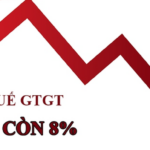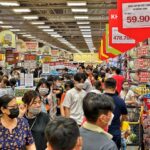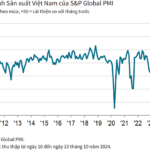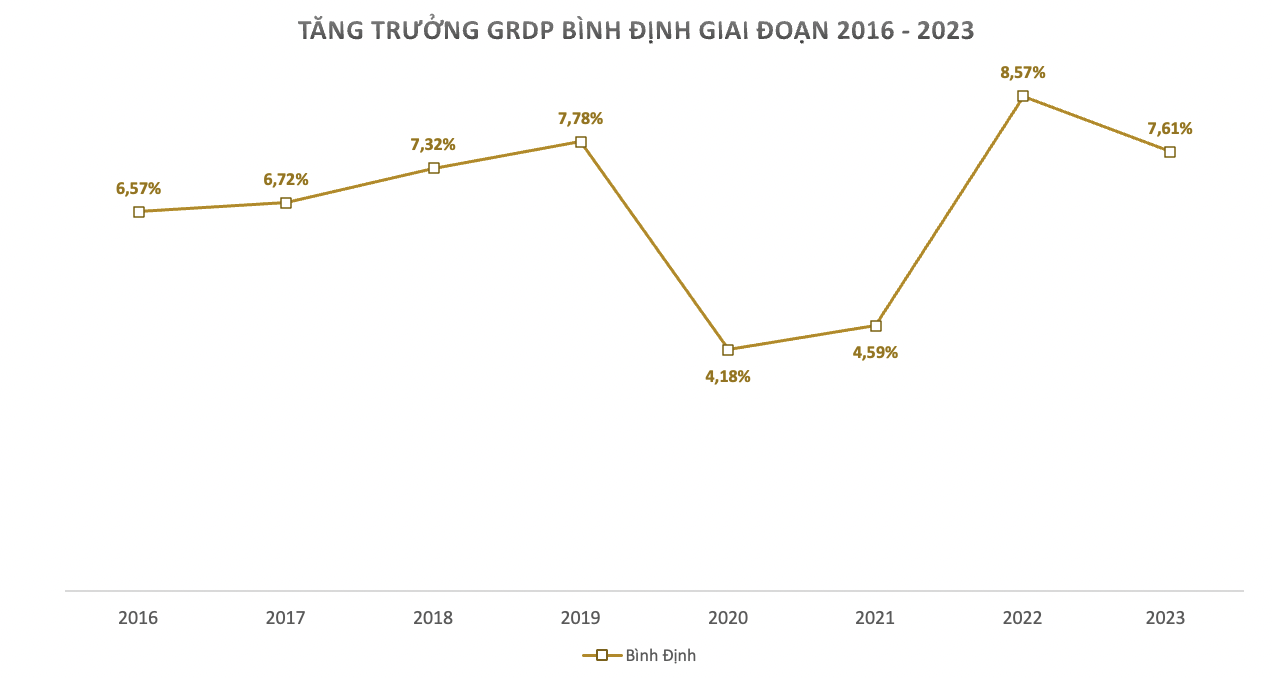In his opening remarks at the seminar, Mr. Luong Xuan Dung, Chief of the Vietnam Beverage Association (VBA) Office, emphasized the beverage industry’s significance as a vital technical-economic sector in Vietnam. Annually, it contributes approximately VND 60 trillion to the national budget and provides employment for millions across the entire production, trade, and service supply chain.
However, in recent years, the industry has faced numerous challenges. Prolonged shocks from the COVID-19 pandemic, natural disasters, and global economic-political instability have disrupted supply chains and escalated costs for raw materials, transportation, and warehousing. These factors have significantly hindered the production and business operations of beverage companies. Additionally, regulatory changes, such as increased excise taxes on alcoholic beverages and the inclusion of sugary drinks in the excise tax category, have further complicated the landscape.
“Moreover, rampant smuggling, counterfeiting, and trade fraud have intensified unfair competition, eroding market share for law-abiding businesses. These issues have led to a noticeable decline in consumer spending,” Mr. Dung noted.
Beverage Industry Records Negative Growth in 2025
Analyzing the overall beverage sector, Ms. Chu Thi Van Anh, Vice Chairwoman and Secretary-General of the Vietnam Beer-Alcohol-Beverage Association (VBA), reported that in 2024, the national beer and beverage production reached 7.14 billion liters, a 9.21% decrease compared to 2023 (which saw a 46.52% drop from 2022). This output primarily serves domestic consumption and exports. Beverage imports to Vietnam totaled approximately USD 712 million, while exports exceeded USD 400 million. By the end of 2024, beverage inventory levels rose by 23.7% compared to the end of 2023, marking the tenth consecutive year of December inventory increases.
According to the Beverage Research Institute, the beverage industry’s growth has shown signs of decline, turning negative in 2025. From 2019 to 2022, the industry grew at 3.2%, but this slowed to 1% between 2022 and 2024, reflecting weakened consumer demand. By July 2025, the industry contracted by 7.8% year-over-year, signaling a shift from slow growth to actual decline.

Ms. Chu Thi Van Anh, Vice Chairwoman and Secretary-General of the Vietnam Beer-Alcohol-Beverage Association (VBA)
The prolonged impacts of COVID-19, natural disasters, and global economic-political instability have disrupted supply chains and increased costs for raw materials, transportation, and storage. Regulatory changes, particularly in environmental protection, extended producer responsibility (EPR), and the VAT increase on sugar from 5% to 10%, have added financial burdens on businesses. The situation is further exacerbated by the impending excise tax on sugary drinks, set at 8% from January 1, 2027, and rising to 10% from January 1, 2028.
“Although the tax has not yet taken effect, companies are already preparing to adapt. This includes reformulating products to reduce sugar content, restructuring production and business plans, pricing strategies, distribution, and marketing to align with consumer trends. These efforts require significant investment, with uncertain returns due to the slow market recovery,” Ms. Van Anh explained.
Given these challenges, 2025 is expected to be a difficult year for the beverage industry, with 2026–2027 presenting even greater obstacles as the excise tax policy is implemented. These impacts extend beyond businesses, affecting the macroeconomy and society at large.
What solutions can revive an industry that once contributed VND 60 trillion annually to the national budget?
According to Ms. Bui Thi Viet Lam, Representative of the US-ASEAN Business Council (US ABC), U.S. trade policies affect not only Vietnam but also other global economies, with increasing trade barriers. This impacts trade balances and export momentum. U.S. investment in Vietnam, particularly in the beverage sector, is also affected.
Ms. Lam recommends that Vietnam leverage new markets under free trade agreements to boost exports and focus on stimulating domestic consumption. The U.S. appreciates Vietnam’s positive reforms, especially its strategic resolutions and breakthrough policies aimed at elevating the nation’s status.

Ms. Bui Thi Viet Lam, Representative of the US-ASEAN Business Council (US ABC)
Ms. Lam emphasizes the need for a favorable, transparent, and predictable business environment, along with addressing enterprise challenges promptly to aid recovery and contribute to national growth. “Support policies, especially tax incentives, should be implemented consistently. For instance, extending the 2% VAT reduction on sugary drinks in 2026 is crucial for the industry’s recovery before the excise tax takes effect in 2027,” she stated.
Ms. Chu Thi Van Anh suggests that the government consider extending the 2% VAT reduction on beverages until the end of 2027. Additionally, reducing, deferring, or waiving certain fees, delaying excise tax implementation, addressing counterfeit and low-quality alcohol, streamlining business conditions, and resolving enterprise issues are essential. Finally, industry input should be incorporated into legal frameworks.
“One immediate issue is clarifying that sugary drinks with over 5g sugar per 100ml qualify for the 2% VAT reduction until 2026, ensuring legal consistency and protecting business interests before the excise tax begins in 2027,” Ms. Van Anh proposed.
A Stimulus Proposal: Reducing VAT by 2% for the First Half of 2025 to Boost Consumer Spending
The government proposes a further 2% reduction in VAT for the first six months of the year to stimulate consumer demand and support production and business.
Unleashing the Potential: Bolster Domestic Market Growth and Stimulate Consumer Demand
Prime Minister Pham Minh Chinh has signed Dispatch No. 121/CD-TTg, dated November 26, 2024, on continuing to boost domestic market development and stimulating consumer demand.




















